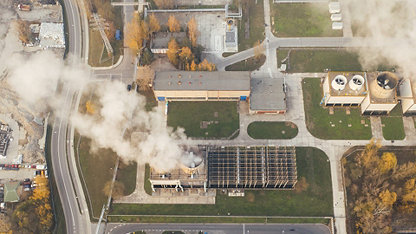The Levelling Up and Regeneration Bill is at the centre of the UK Government’s legislative programme. Successive governments have been involved in the creation of the levelling up agenda, which seeks to create parity between communities across the country, distribute funds accordingly and facilitate regional investment.
Proposals in the Bill include the devolution of greater powers to regions, reform to planning and initiatives to stimulate high-street regeneration.
Last year, RICS published its 10-point Levelling Up and Sustainable Placemaking Report, designed to ensure the built environment can effectively support the delivery of the ’12 Missions to Level Up the UK’. In our report, we call for the creation of an employment and high street-led regeneration strategy, action to address the challenges of housing supply and investment in strategic infrastructure projects.
Under the current proposals for the Levelling Up and Regeneration Bill, key changes for the built environment includes:
- Amendments to the planning system in relation to data, development plans, heritage, decision-making and enforcement. It further strengthens community and neighbourhood planning involvement, creating the ability for hyper-local planning decisions.
- The introduction of a non-negotiable Infrastructure Levy to enable Local Authorities to raise money from developments to regenerate their areas through infrastructure, replacing the Community Infrastructure Levy and Section 106.
- New environmental and pollution standards.
- The introduction of auctions for vacant commercial property and the expansion of compulsory purchase for land and property to stimulate economic and high-street growth.
- Proposals for expanding and embedding sustainability and decarbonisation – this includes reforms to building regulations to mandate green technologies by default in new builds, and the requirement for whole life carbon measuring in projects over a certain size.
In recent months, RICS have been collaborating with policymakers to shape the Levelling Up and Regeneration Bill to ensure effective delivery of its aspirations and to mitigate unintended consequences. This includes:
- Calling on the then Minister of State for Housing and Planning to reconsider the removal of the 300,000 annual new homes target and to introduce an updated Standard Method, accounting for the 2021 Census. This will support over-stretched planning authorities in developing local plans and land supply strategies based on regional needs.
- Meeting with parliamentarians to discuss concerns with proposals for forced auctioning of vacant commercial properties due to the risk of increased rent arrears and debt faulting from creating short-term rent levels.
- Working with government and briefing parliamentarians on Clause 213 which would give the Secretary of State the power to review the governance and objectives of RICS. Since the Bill’s publication in May 2022, several major stakeholders have voiced their concern to RICS and to Government over the potential impact of this proposed legislation. We have remained in close discussions with the Department for Levelling Up Housing and Communities on the potentially harmful consequences of this clause. RICS are in the process of implementing the Bichard Review recommendations, including the recommendation to conduct an independent review every five years and productive conversations with Ministers, officials and parliamentarians continue.












